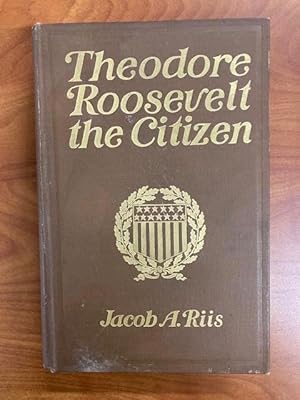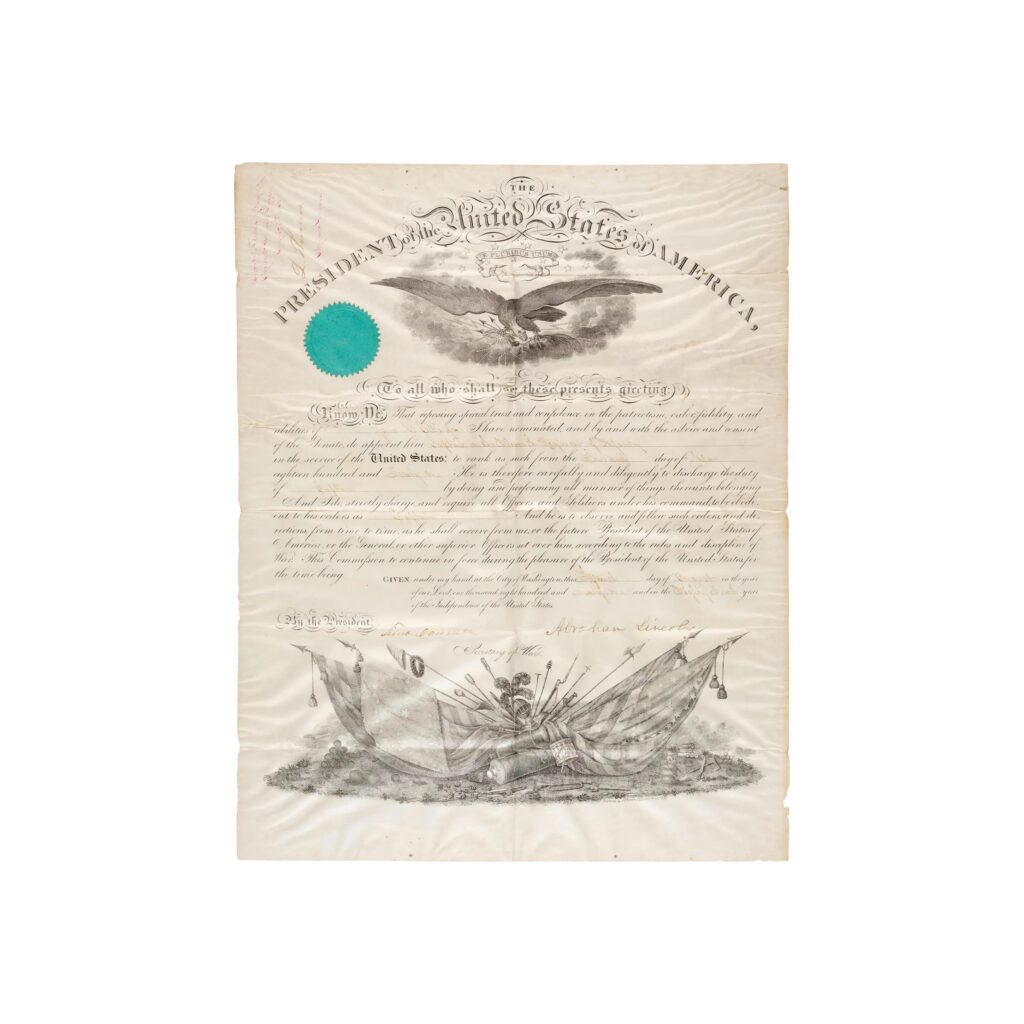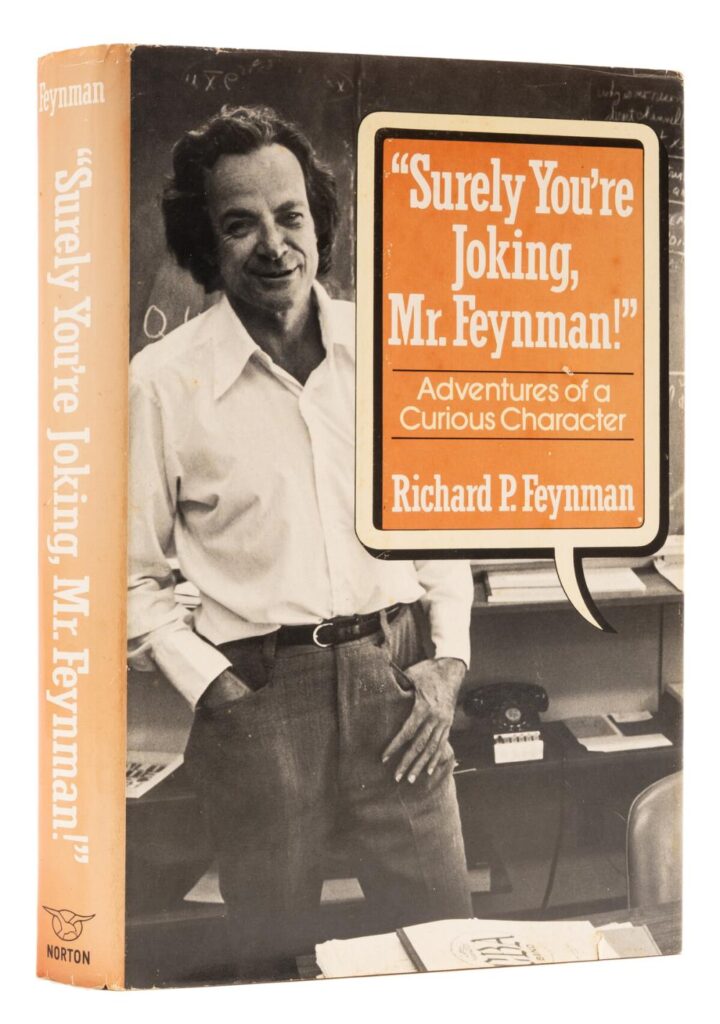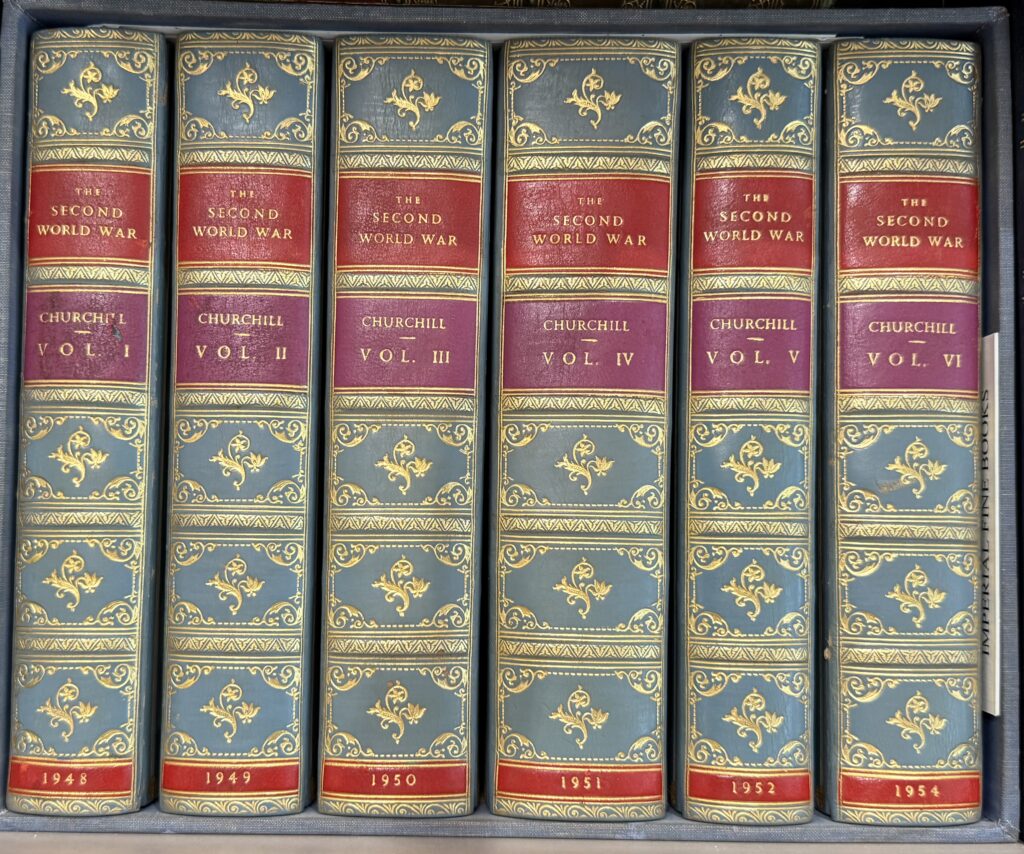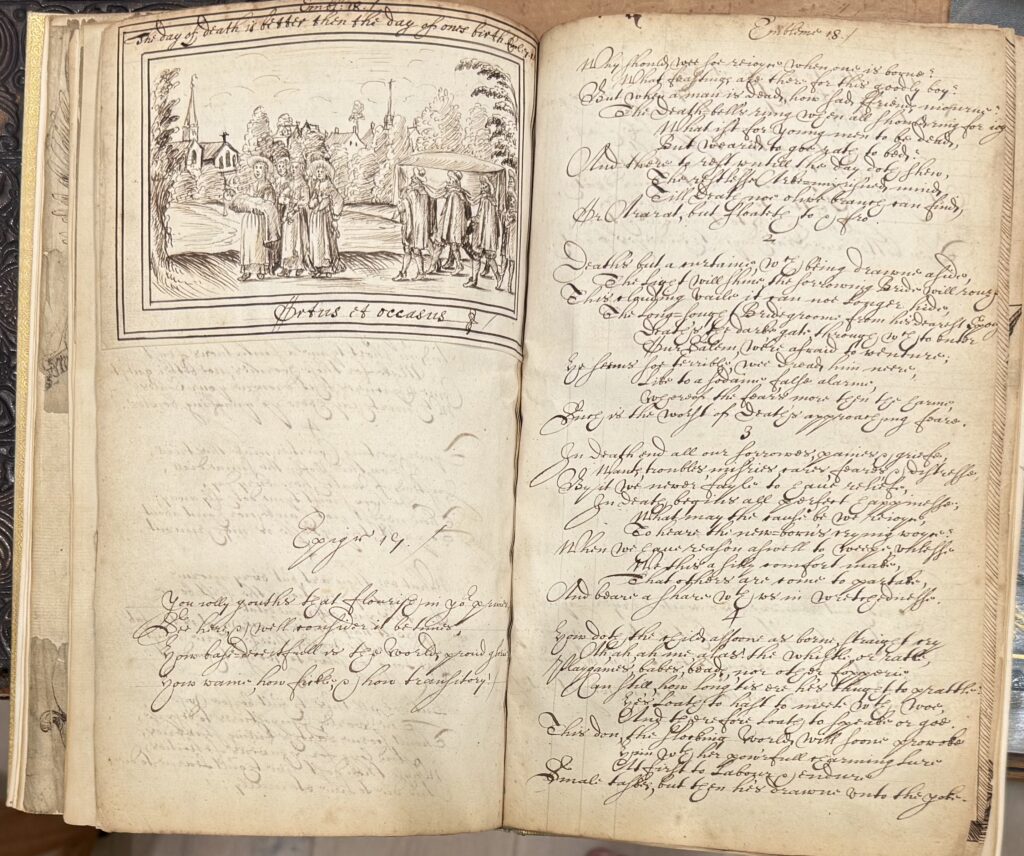A ONE OF A KIND FIRST EDITION OF ‘THE CITIZEN’ SIGNED BY BOTH THEODORE ROOSEVELT AND JACOB RIIS
Roosevelt, Theodore (1858-1919); Jacob Riis (1849-1941) The Citizen. New York: The Outlook Company, 1904, bound in publisher’s brown cloth, gilt stamped front board and spine, housed in a buckram chemise and custom blue half-morocco slipcase, 8 3/4 x 5 3/4 in.
Hardcover. First Edition. First Printing, in publisher’s original decorated cloth. Illustrated with plates. This copy is virtually unique as it is first edition UNINSCRIBED and SIGNED by both the author and the subject. Riis’ inscription states, “Never had a better time in the world,”. Roosevelt writes: “with the good wishes of/Theodore Roosevelt”. Jacob Riis, among the most dedicated advocates for America’s oppressed and downtrodden, arrived in New York from his native Denmark at the age of 21 in 1870. A pioneer in photojournalism, Riis photographed and wrote about the slums and tenements of a New York in the dawn of a new century. Riis came to Roosevelt’s attention through his 1890 book HOW THE OTHER HALF LIVES. As Commissioner of the New York City Police Department, Roosevelt accompanied Riis on his evening travels through the slums and witnessed, firsthand, the inhumane conditions endured by many of New York’s inhabitants. In his 1901 book MAKING OF AN AMERICAN, Riis wrote of Roosevelt: “It could not have been long after I wrote HOW THE OTHER HALF LIVES that he came to the Evening Sun office one day looking for me. I was out and he left his card merely writing on the back of it that he had read my book and had ‘come to help.’ That was all, and it tells the whole story of the man. I loved him from the day I first saw him; nor ever in all the years that have passed has he failed of the promise made then. No one ever helped as he did. For two years, we were brothers on Mulberry Street.” Roosevelt, in turn, wrote of Riis after his death: “It is difficult for me to write of Jacob Riis only from the public standpoint. He was one of my truest and closest friends. I have ever prized the fact that once, in speaking of me, he said, ‘since I met him he has been my brother.’ I have not only admired and respected him beyond measure, but I have loved him dearly, and I mourn him as if he were one of my own family.”
Considered one of the fathers of photography, Danish-American social reformer and social documentary photographer Jacob Riis was one of the first photojournalists to use his talents to expose the living conditions of the poor to encourage social reform. Through his candid photographs of impoverished New Yorkers at the turn of the 20th century, he attempted to alleviate these unbearable living conditions, which he himself experienced, by exposing them to the middle and upper classes. Upon his 1895 appointment to the presidency of the Board of Commissioners of the New York City Police Department, Roosevelt asked Riis to show him nighttime police work which led Roosevelt to close the police-managed lodging rooms in which Riis had suffered during his first years in New York. For his part, Riis authored the present campaign biography of Roosevelt.
The book, case and inscriptions are in wonderful condition.
Also included is a autograph letter from Riis signed “Jacob A. Riis,” two pages on two adjoining sheets, 4.25 x 7, January 2, 1910. Handwritten letter to Carol M. Sax, in part: “By all means come and see me when you are back in New York. You will find me at home in Richmond Hill all February—after the 1st—at least I think so. In January I am mostly away.” In fine condition. Accompanied by the original mailing envelope, addressed in Riis’ hand.
